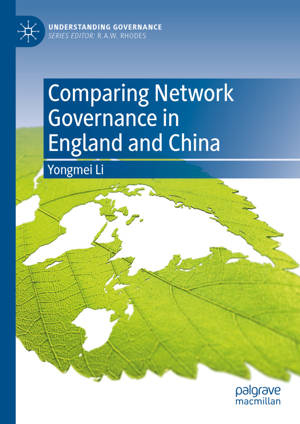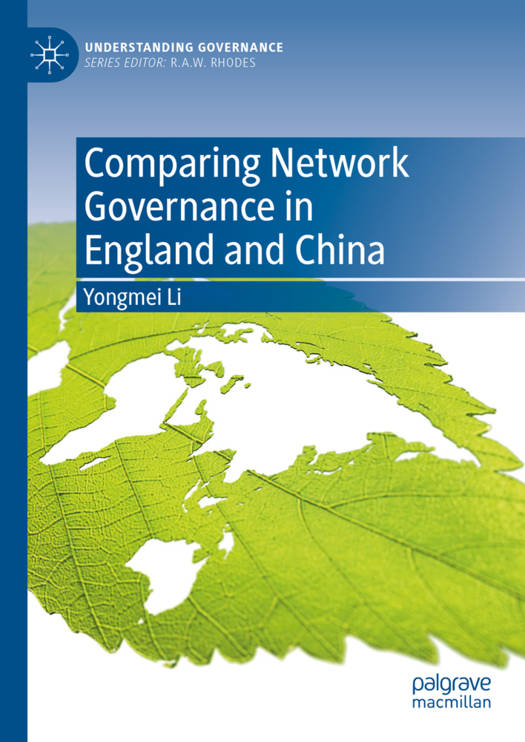
- Retrait gratuit dans votre magasin Club
- 7.000.000 titres dans notre catalogue
- Payer en toute sécurité
- Toujours un magasin près de chez vous
- Retrait gratuit dans votre magasin Club
- 7.000.0000 titres dans notre catalogue
- Payer en toute sécurité
- Toujours un magasin près de chez vous
Description
This book compares network governance practices and public service delivery in England and China. Adopting a political ethnographic approach, it assesses whether networked forms of governance are used in provision of care for the elderly and those with learning disabilities in the two countries. It also examines several concepts from network governance theory - including interdependence and resource exchange, trust and reciprocity, and diplomatic skills - in the context of English and Chinese local state engagement with NGOs providing and managing care. Perhaps surprisingly, the book argues that there are more similarities than differences in network governance practices in England and China. It will appeal to all those interested in network governance theory, public administration and comparative politics.
Spécifications
Parties prenantes
- Auteur(s) :
- Editeur:
Contenu
- Nombre de pages :
- 210
- Langue:
- Anglais
- Collection :
Caractéristiques
- EAN:
- 9783031449024
- Date de parution :
- 01-12-23
- Format:
- Livre relié
- Format numérique:
- Genaaid
- Dimensions :
- 148 mm x 210 mm
- Poids :
- 435 g

Les avis
Nous publions uniquement les avis qui respectent les conditions requises. Consultez nos conditions pour les avis.






